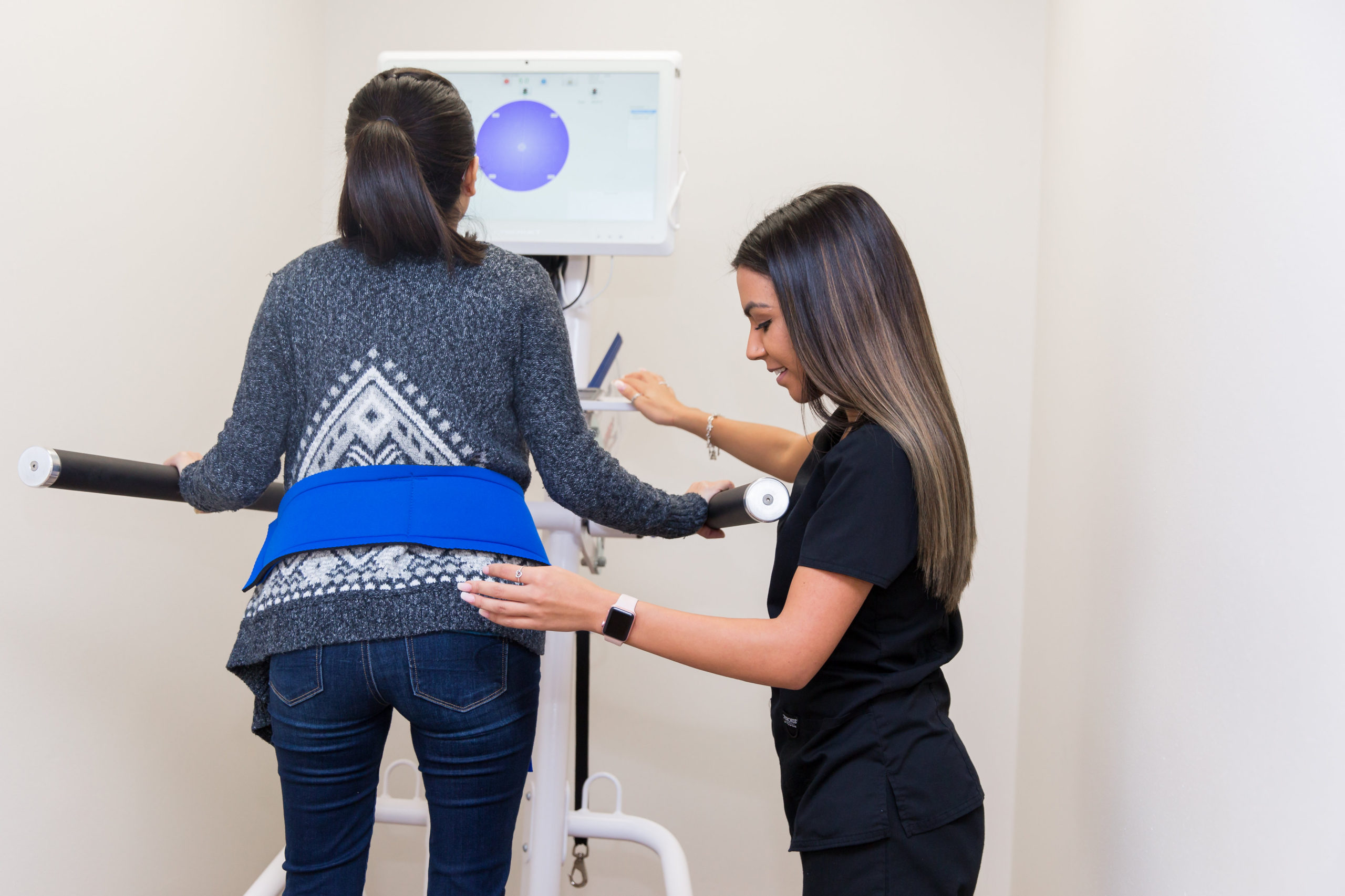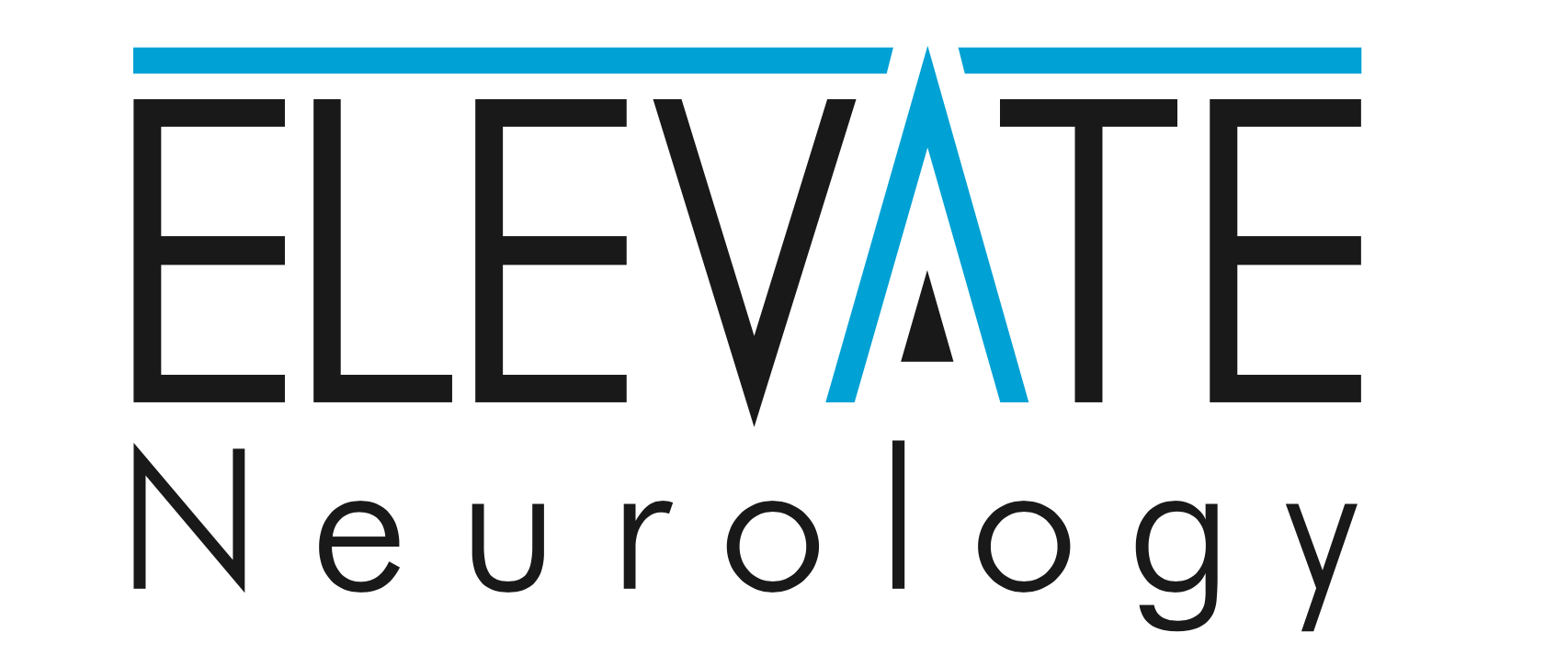Vestibular Rehabilitation
An exercise-based program which improves balance and reduces problems related to dizziness.

our servicE
Vertigo, dizziness, and disequilibrium are common symptoms following a mild traumatic brain injury (mTBI). Dizziness and vertigo are most often the result of trauma to the peripheral vestibular system or the central nervous system. In individuals with a history of mTBI who present with functional impairments due to dizziness, disequilibrium, and spatial disorientation symptoms, Elevate can provide treatment consisting of vestibular, visual, and proprioceptive therapeutic exercise to address the symptoms.
WHAT IS VESTIBULAR REHABILITATION?
Vestibular rehabilitation is an exercise-based program which improves balance and reduces problems related to dizziness.
HOW IS DIZZINESS DEFINED?
Dizziness can be described as:
- Feelings of unsteadiness
- Wooziness (swimming feeling in head)
- Lightheadedness
- Feelings of passing out
- Sensations of moving
- Spinning
- Floating
- Swaying
- Tilting
- Whirling (sensations known as vertigo)
These feelings or sensations can occur when you are standing still, lying down or changing positions. The symptoms can be constant or episodic in nature, only lasting seconds, minutes or hours.
How long is a typical vestibular rehabilitation program?
Patients are typically seen 1 to 2 times each week for 6 to 8 weeks, but this varies based on the patient’s diagnosis, severity of symptoms, and response to therapy. Some patients may be seen for only 1 to 2 sessions; other patients may need continued treatment for a few months.
Expected vestibular rehabilitation outcomes include:
Decreased risk of falling
A decrease in dizziness symptoms
Improved balance
Improved ability to stabilize vision/gaze
Increased body strength
Return to prior level of movement/function
Increase in con dence in ability to maintain balance
Improved neck motion, reduced symptoms
